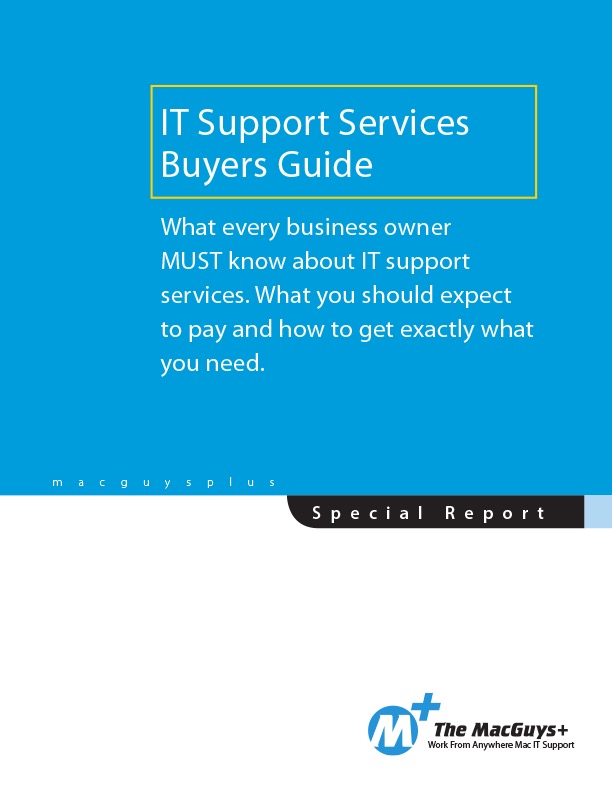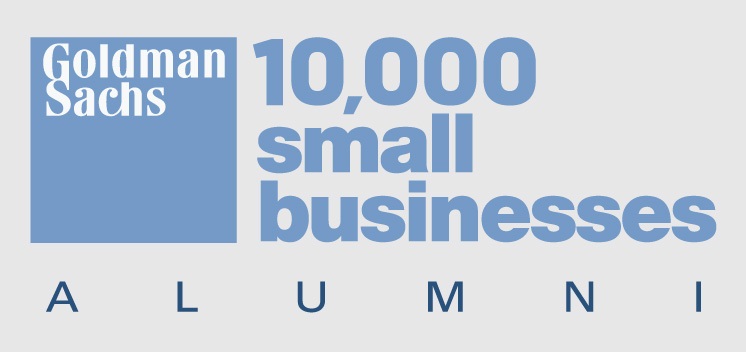
Artificial intelligence (AI) tools like ChatGPT, Google Gemini, and Microsoft Copilot are no longer futuristic—they’re part of how many businesses already work. Teams use them to write emails, draft proposals, summarize meetings, generate code, or build spreadsheets.
AI can be a powerful productivity booster. But like any tool, how you use it matters. If handled carelessly, it can expose sensitive information and create new security risks.
And small businesses aren’t immune.
The Real Risk Isn’t the Technology
The problem isn’t that AI itself is dangerous. It’s that employees may be sharing confidential information without realizing the consequences.
For example, in 2023, engineers at Samsung accidentally pasted internal source code into ChatGPT. Because public AI tools often store and process inputs to improve their models, private company data ended up outside of Samsung’s control. The leak was so severe that Samsung banned the use of public AI tools altogether.
Now imagine something similar happening in your business. A well-meaning employee pastes client financials or medical notes into an AI prompt to “make things easier.” In seconds, your private information is out of your control.
A New Threat: Prompt Injection
Beyond accidental leaks, attackers are employing a tactic known as prompt injection.
Here’s how it works: hackers hide hidden instructions inside a document, email, transcript, or even YouTube captions. When an AI tool processes that content, it can be tricked into revealing data or carrying out unintended actions.
In plain terms, it’s like planting a hidden trap that convinces the AI to hand over information it shouldn’t.
Why Small Businesses Are at Higher Risk
Most small businesses lack policies regarding AI. Employees adopt tools on their own, often with good intentions but little guidance. Many think of AI as “just a smarter Google search” and don’t realize that what they paste could be stored, shared, or manipulated.
With limited IT resources, SMBs are also less likely to monitor AI use, making them easy targets for active exploitation.
Four Steps to Safer AI Use
You don’t need to ban AI, but you do need guardrails. Here’s where to start:
- Create an AI usage policy.
- Spell out which tools are approved, what should never be shared (like customer account numbers or health records), and who employees can ask if they’re unsure.
- Educate your team.
- Make it clear that public AI tools may store information and that threats like prompt injection exist. Train staff to treat AI like an external vendor—don’t share anything you wouldn’t want outside your company.
- Use secure platforms.
- Stick with business-grade tools such as Microsoft Copilot, which offer more robust data privacy, security, and compliance protections than free public tools.
- Monitor usage.
- Track which AI tools are being used and consider blocking unapproved ones on company devices if necessary.
AI isn’t going away, and businesses that use it wisely will save time and gain an edge. But without clear policies and training, it’s all too easy for sensitive data to slip through the cracks.
The best time to put safeguards in place is before a mistake happens. Start by reviewing how your team already uses AI, then set a simple policy to keep your data safe.
If you’d like guidance, we can help you develop a secure and practical AI strategy that protects your business without slowing down your team.
______________________________________________________________
Need help? Contact The MacGuys+ at 763-331-6227
Top-notch IT support for Mac-based businesses in Minneapolis, St. Paul, Twin Cities Metro, Western WI, and beyond. Enjoy seamless nationwide co-managed Mac IT support for a flexible work-anywhere experience.






